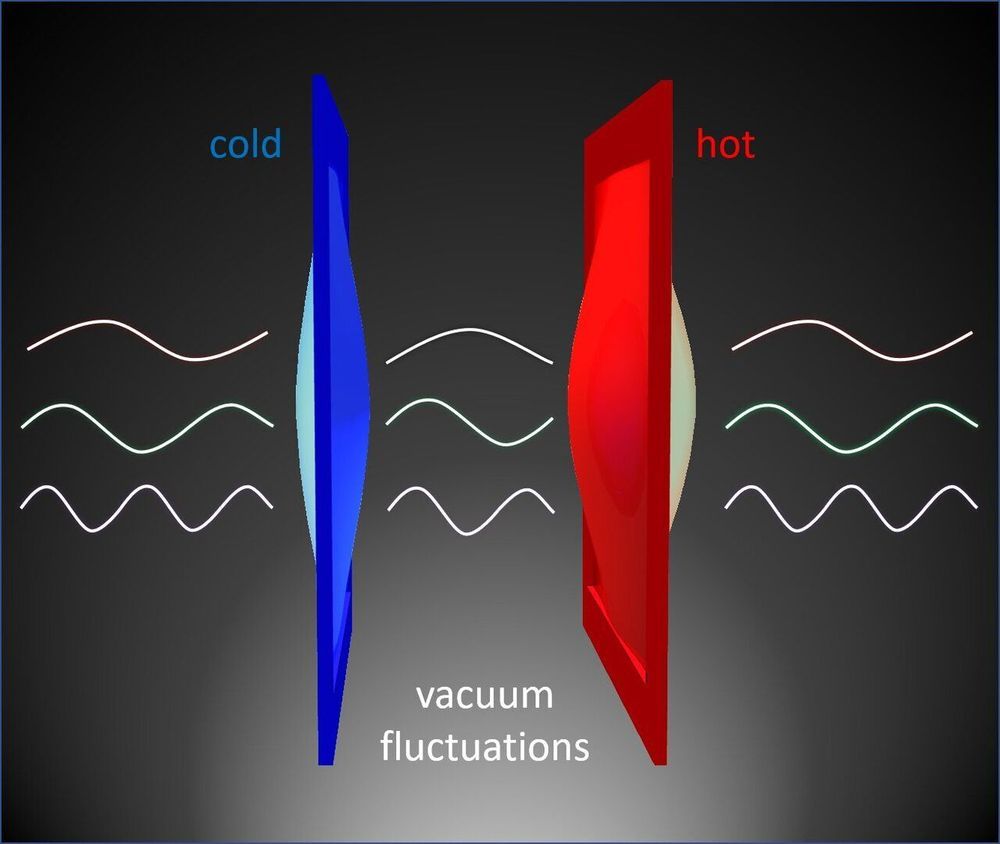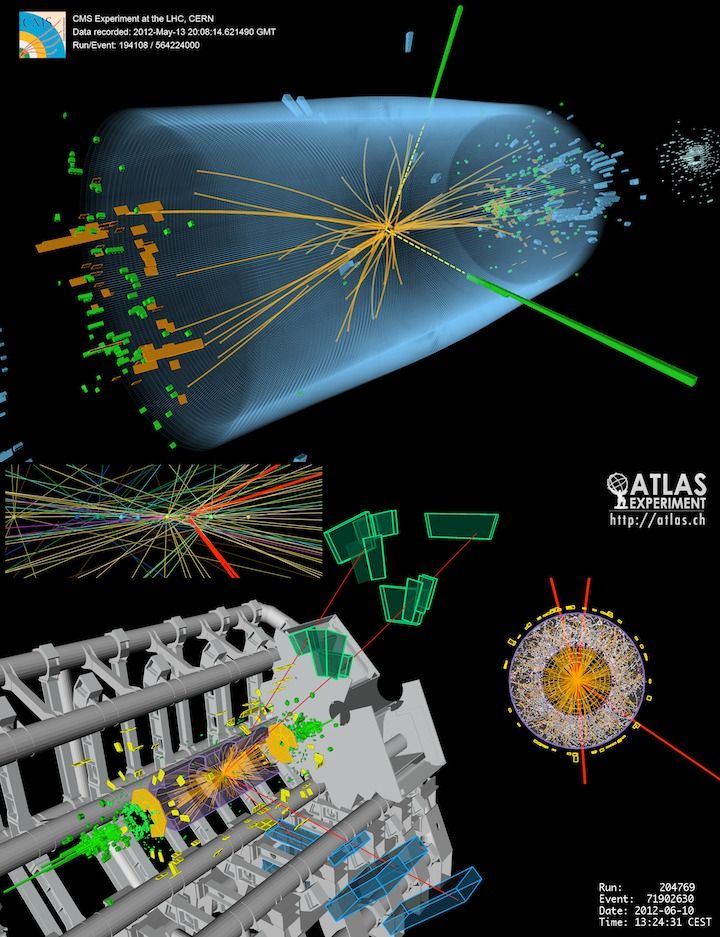Dec 15, 2019
Why the Many-Worlds Interpretation of Quantum Mechanics Has Many Problems
Posted by Paul Battista in category: quantum physics
The idea that the universe splits into multiple realities with every measurement has become an increasingly popular proposed solution to the mysteries of quantum mechanics. But this “many-worlds interpretation” is incoherent, Philip Ball argues in this adapted excerpt from his new book Beyond Weird.

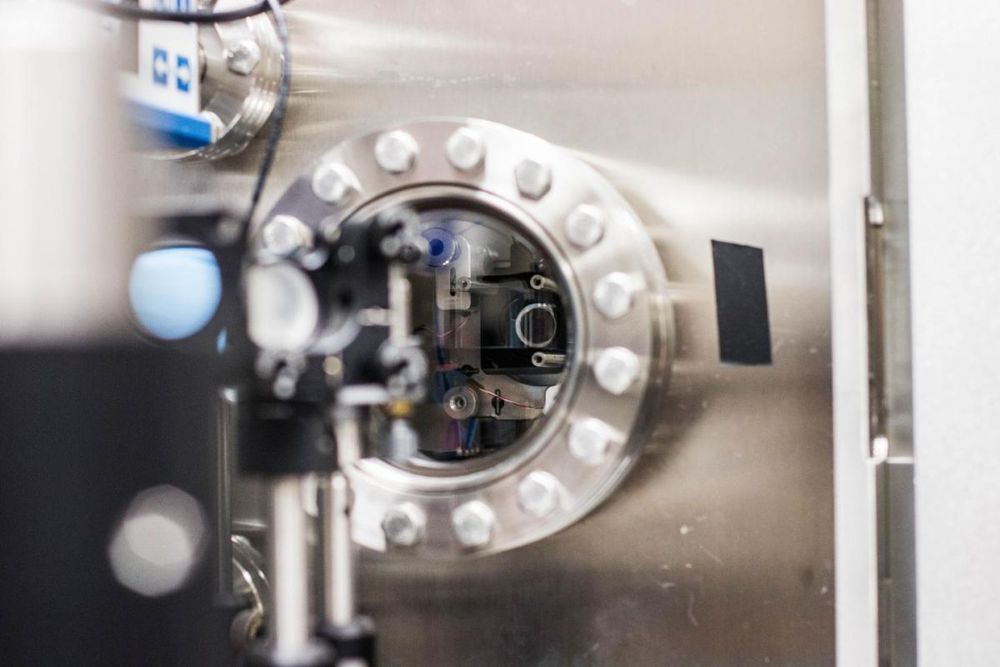
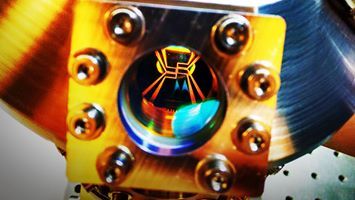
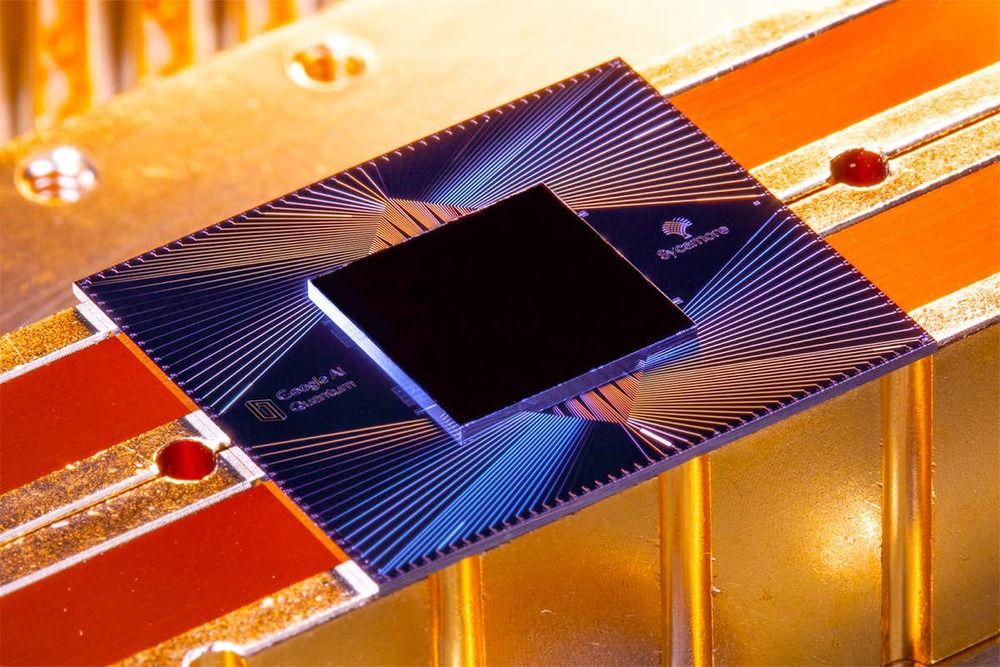
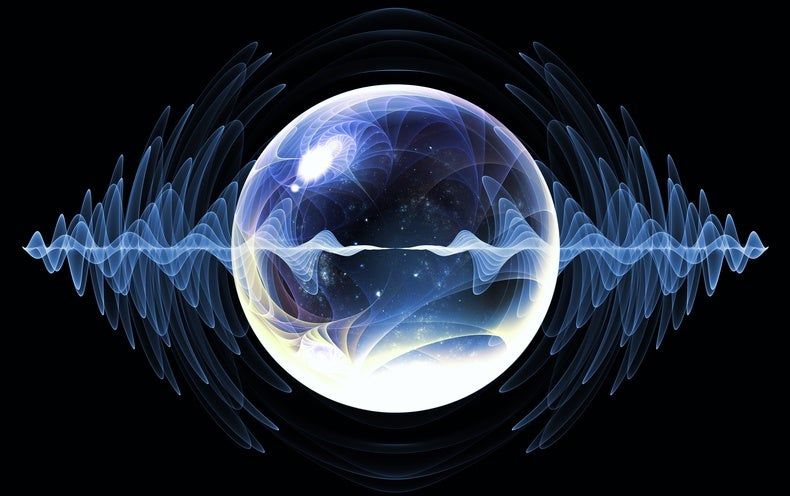

 This could usher in higgs exotic physics computing that is beyond even quantum computers.
This could usher in higgs exotic physics computing that is beyond even quantum computers.